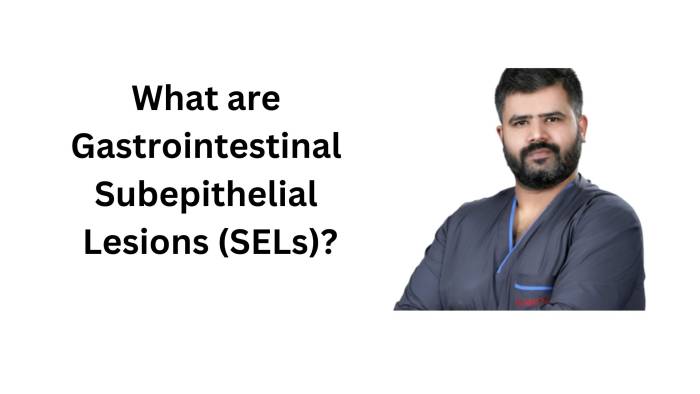
What are Gastrointestinal Subepithelial Lesions
Gastrointestinal Subepithelial Lesions (SELs) are abnormal growths that occur beneath the lining of the digestive tract. These lesions can appear in various parts of the gastrointestinal (GI) tract, including the esophagus, stomach, small intestine, and colon. Unlike typical epithelial tumors that grow on the surface, SELs originate from deeper layers, making them more challenging to detect and diagnose.
Causes and Types of SELs
The causes of SELs are diverse, ranging from benign growths to malignant tumors. Common benign SELs include gastrointestinal stromal tumors (GISTs), leiomyomas, and lipomas. Malignant SELs, although less common, may include lymphomas or metastatic cancers. The origin and nature of these lesions vary, with some arising from muscle tissue, fat, or nerve sheaths within the GI tract.
Diagnosis and Treatment
Detecting SELs often requires advanced imaging techniques, such as endoscopic ultrasound (EUS), which allows for detailed visualization of the lesion's size, shape, and depth. EUS can also guide fine-needle aspiration (FNA) or biopsy to obtain tissue samples for histological analysis. This step is crucial for distinguishing between benign and malignant SELs. Consult the best Gastro Doctor in Agra if you have symptoms associated with SELs including pain in the abdomen, or change in bowel habits or sudden loss of weight.
Treatment of SELs depends on their size, location, and potential for malignancy. Benign SELs may require regular monitoring without immediate intervention. However, larger or suspicious lesions might necessitate surgical removal, especially if there's a risk of cancerous transformation.
Conclusion
Understanding Gastrointestinal Subepithelial Lesions is essential for early detection and appropriate management. While many SELs are benign, accurate diagnosis and monitoring are vital to ensure patient safety and prevent complications. If you suspect or are diagnosed with an SEL, consult the top Gastroenterologist in Agra for personalized care and treatment options.
Let Safe Surgery Center take care of your health with the expert help of Dr. Karan R. Rawat. Schedule your consultation today for compassionate, cutting-edge care.



